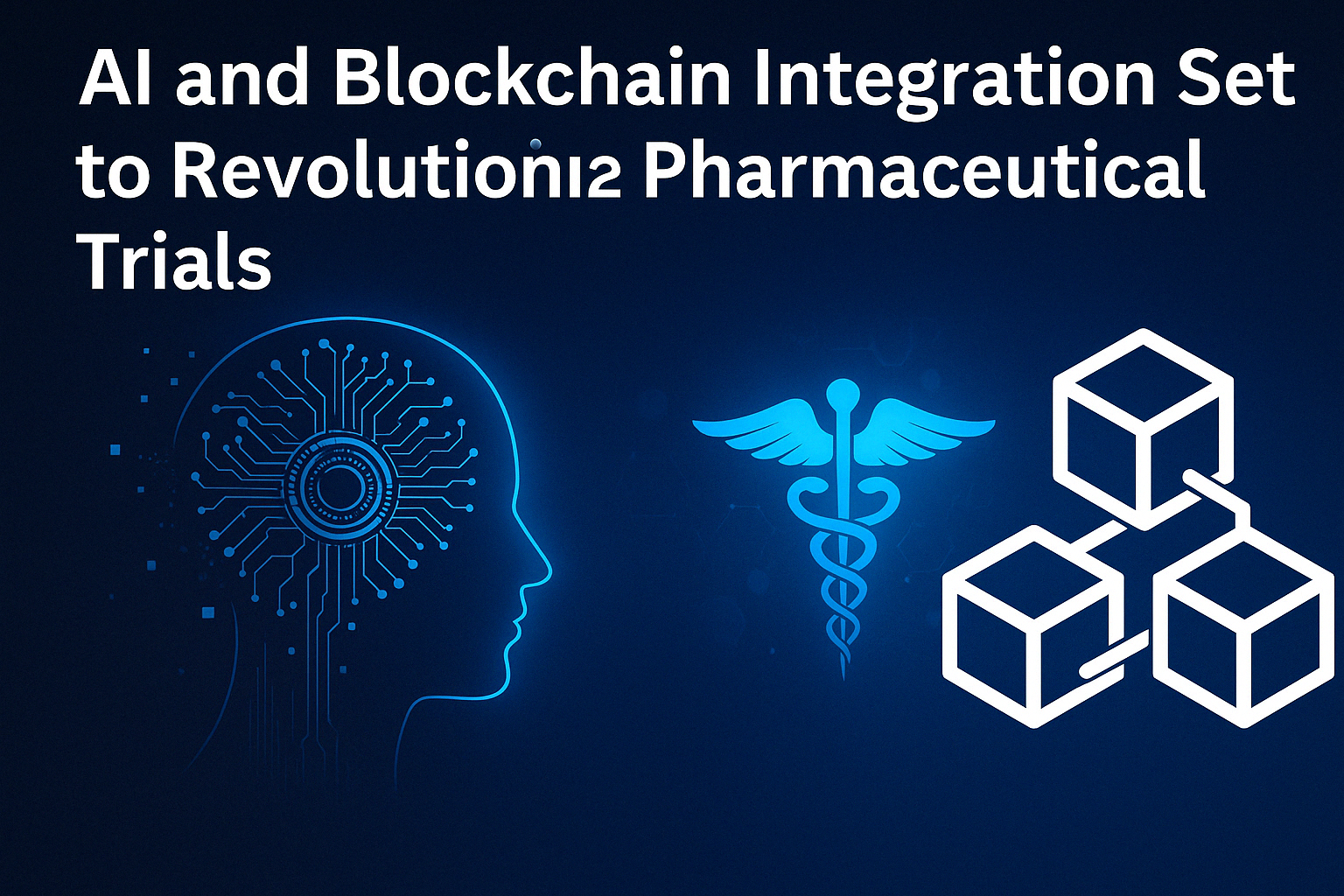In an era where technology is reshaping industries across the board, the pharmaceutical sector stands on the verge of a significant transformation. The integration of artificial intelligence (AI) and blockchain technology is poised to revolutionize clinical trials, particularly at the late-stage development phase where the stakes and costs are highest.
This fusion not only promises to increase success rates but also to streamline research processes, reduce operational inefficiencies, and improve transparency in pharmaceutical development.
Why Late-Stage Clinical Trials Need Innovation
Late-stage clinical trials, especially Phase III, are notoriously expensive and time-consuming. Despite years of R&D and promising early results, many drugs still fail in this phase due to inefficacy or unforeseen side effects. The average cost of bringing a new drug to market exceeds $2.6 billion, and the probability of a compound making it from Phase I to approval is often less than 10%.
This is where AI and blockchain technologies are stepping in offering real solutions to long-standing problems.
AI: Predictive Power and Intelligent Trial Design
Artificial intelligence is proving invaluable in designing smarter, faster, and more adaptive clinical trials. By analyzing vast datasets ranging from genomic profiles to patient history AI can:
-
Identify the most suitable trial candidates, reducing dropout rates and increasing data reliability.
-
Predict potential adverse effects or efficacy issues before a trial even begins.
-
Optimize dosage levels and trial parameters using machine learning algorithms.
These capabilities lead to more targeted, personalized, and efficient studies that can pivot in real-time based on emerging data.
Blockchain: Enhancing Trust, Transparency, and Data Integrity
Blockchain brings something equally important to the table: trust.
By storing clinical trial data on a decentralized, tamper-proof ledger, blockchain ensures that information is:
-
Immutable and timestamped, preventing data manipulation or fraud.
-
Easily traceable, allowing regulators and stakeholders to track every step of the trial process.
-
Secure and permissioned, giving researchers and patients control over how data is shared.
This level of transparency helps to rebuild public trust in pharmaceutical research while streamlining regulatory approvals through verifiable audit trails.
Combined Impact: Saving Time, Money, and Lives
When AI and blockchain are used together, the benefits compound:
-
AI analyzes and optimizes, while blockchain records and secures.
-
Real-time monitoring and predictive modeling by AI can be logged and verified by blockchain.
-
Smart contracts can automate patient onboarding, consent management, and incentive distribution.
The result? Faster trials, lower costs, and more effective treatments reaching patients sooner.
Looking Ahead
Pharmaceutical companies, biotech startups, and research institutions are beginning to adopt this dual-tech approach. Initiatives such as Decentralized Trials, AI-driven protocol simulation, and blockchain-based health data marketplaces are already being piloted across Europe, the U.S., and Asia.
Governments and regulatory bodies are also taking note, working to create frameworks that allow innovation while maintaining strict patient safety standards.
The integration of AI and blockchain technologies is not just a trend it’s a necessity for the future of pharmaceutical innovation. By addressing both efficiency and trust, this powerful combination is set to reshape how new medicines are developed, tested, and brought to market.
As we move forward into this new era of intelligent, decentralized healthcare, patients and providers alike stand to benefit from faster breakthroughs, safer trials, and more equitable access to life-saving treatments.




